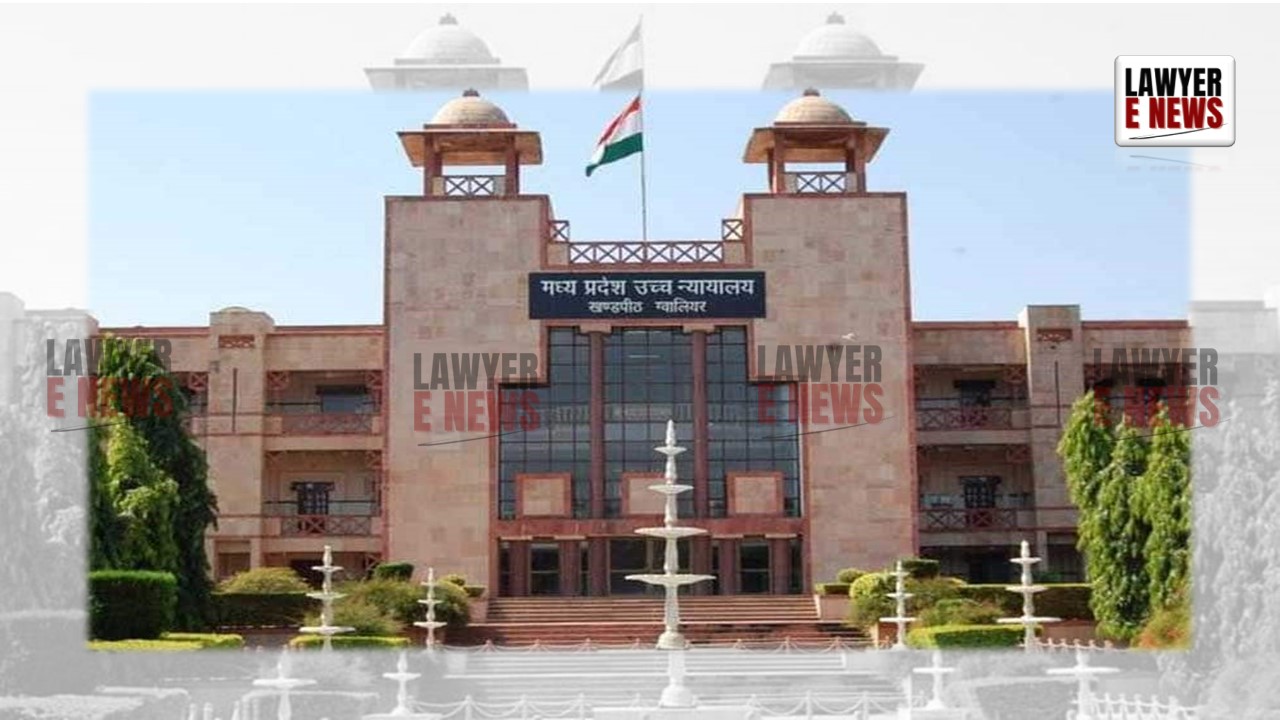-
by Admin
15 February 2026 5:35 AM



In its ruling, the Court underscored the right to personal liberty under Article 21 of the Indian Constitution, citing the Supreme Court's decision in X vs. Principal Secretary Health and Family Welfare Department, Government of NCT of Delhi & Anr. (2023), which recognized the reproductive autonomy of women. The Court acknowledged that the minor's mental and physical well-being would be gravely affected if the pregnancy continued.
The petitioner, represented by her father, filed a writ petition to seek permission for terminating her pregnancy, which resulted from a sexual assault. The incident led to the registration of an FIR under Sections 376(3), 376(1), and 506 of the POCSO Act, 2010. When the pregnancy was discovered, the minor was already 26 weeks pregnant, and by the time of filing the petition, she had crossed 28 weeks.
The medical examination conducted on October 1, 2024, confirmed that the gestational age of the fetus was approximately 28 weeks and six days. The petitioner’s parents, not willing to continue the pregnancy due to the associated mental and physical trauma, sought the Court's intervention for medical termination.
The primary legal issue was whether the Court could allow the termination of a pregnancy beyond the statutory limit of 24 weeks under the MTP Act, 2021. As per Section 3(2) of the MTP Act, the termination of a pregnancy is only permitted beyond 24 weeks if two registered medical practitioners believe that continuing the pregnancy poses a risk to the woman's life or could cause grave injury to her physical or mental health.
The Court highlighted a critical precedent from the Supreme Court's judgment in A (Mother of X) vs. State of Maharashtra (2024), where a similar termination was permitted despite the pregnancy being in its 30th week. The medical board in this case also expressed that both continuing and terminating the pregnancy carried risks.
Given the medical board's findings that both the continuation and termination of pregnancy carried significant risks, and considering the decision of the minor and her parents, the Court granted permission to terminate the pregnancy. The Court emphasized that the termination must be conducted under expert medical supervision, with all necessary precautions taken to protect the minor's health. The order further directed that:
The termination procedure should be performed in the presence of a specialized medical team, including pediatricians and radiologists.
The State Government should bear all medical expenses associated with the termination.Post-operative care must be extended to the petitioner.
A DNA sample from the fetus should be preserved for use in the ongoing criminal case.
The decision balanced the petitioner's right to reproductive autonomy with the potential risks associated with the medical procedure, allowing the minor to make an informed decision about her body and future.
This judgment reaffirms the judiciary's evolving interpretation of reproductive rights and personal liberty, expanding the scope of the MTP Act in cases of minors and rape victims. The Court's decision underscores that forcing a victim of sexual assault to carry a pregnancy to term is an affront to her dignity and autonomy, further emphasizing the critical role of courts in protecting the fundamental rights of individuals in such circumstances.
Date of Decision: October 8, 2024.
A Minor vs. The State of Madhya Pradesh
